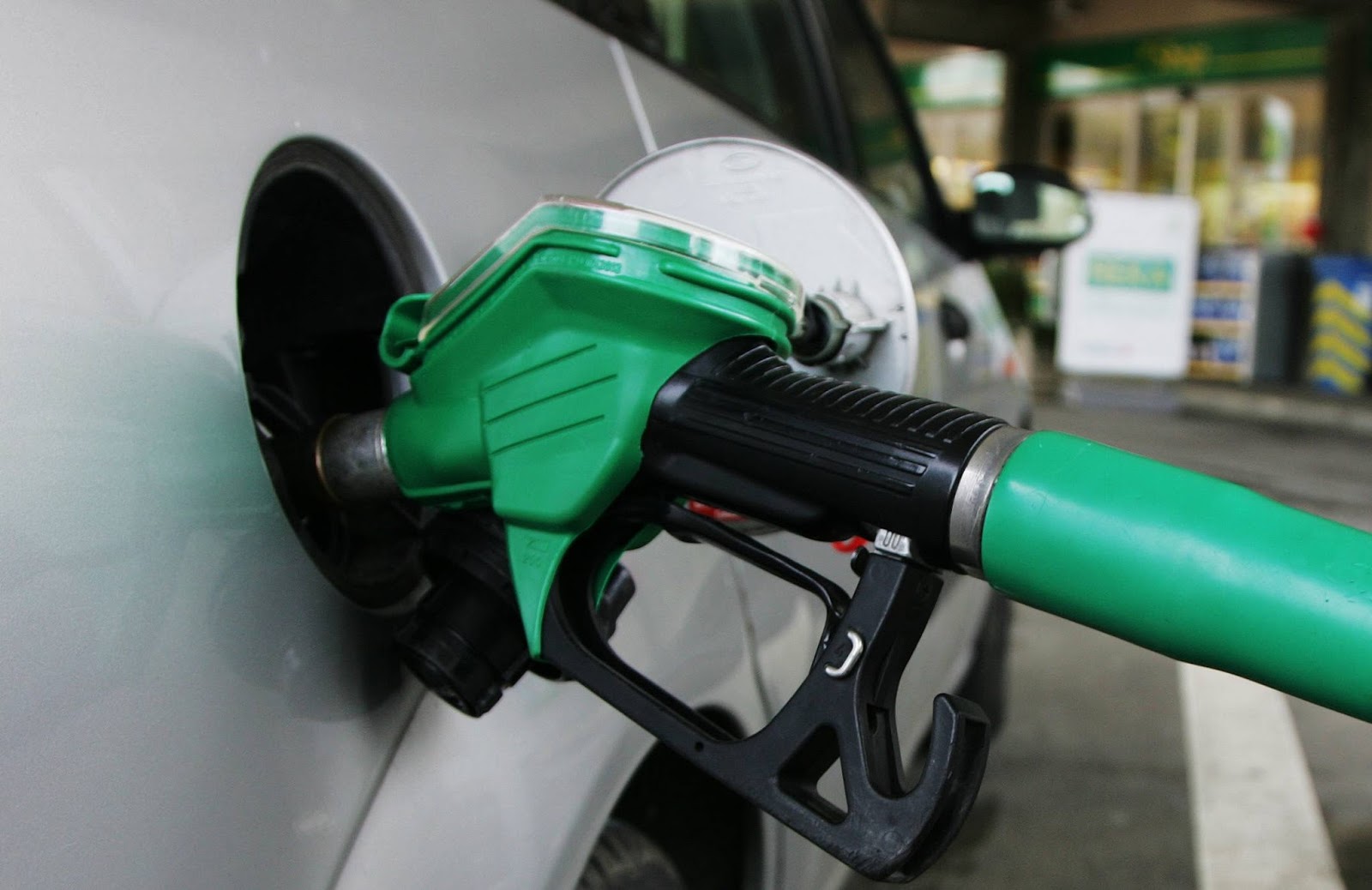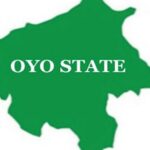Upfront I will advise this administration to steer far clear of any so-called petroleum sector ‘deregulation’ come January 2022. Sentiments are tinder-dry and I doubt if they would want another #EndSARS-scale demonstrations on their hands, or worse.
I mean, it takes a lot of nerve to meet the petrol price at N97, take it first to N145 and then N162 and then propose to leave it at N380 or more. The first increase was done without apologies or care, as the president was merely riding on his fabled and now demystified “Mai-Gaskiya” factor.
Since the government came in 2015, what Nigerians have seen has been different. No matter what anyone says about that era, the majority of voters expressed hope in the Buhari-Osinbajo ticket, and part of that hope was that the economy would be fixed, while life will be easier for most Nigerians in terms of improved standards of living. Alas, what Nigerians paid for has been totally different from what has been delivered. And so, through a lot of disdain, refusal to interact with the people, talk downs such as Nigerian youths being lazy or agreeing with David Cameron, then Prime Minister of United Kingdom that Nigerians were fantastically corrupt, the fuel price was increased, twice, to almost double what it was pre-2015.
Before EndSARS, perhaps the worst nationwide riot in recent times was in January 2012, due to the tentative increase of fuel price from N65 to N140 per litre, in the name of deregulation. The then government backed down to N97. Nigerians would later find out that a few connected smart Alecs had swindled the country of N2.53 trillion in false subsidy claims. Some, like me, needed to know that that level of fraud did happen in this country. But not much has happened to those guys. They are still among us – rehabilitated big boys and girls.
On each occasion petroleum price was increased, the Buhari government claimed to have deregulated. Even the Jonathan government claimed to have deregulated in 2012.
It wasn’t until later (in 2018) that the issue of subsidy crept in, again. This time, it was christened ‘under-recovery’. Of course, in spite of claiming to have ‘deregulated’ the market, the national oil company, NNPC, remains the sole importer and as I type this, the corporation says it has spent an excess of at least N1.6 trillion as at November 2021 (under-recovery), supplying just premium motor spirit (petrol), to Nigerians, compared to the amount it was able to get back from Nigerians. Why? The set price of N162 is way too low, they say. So, we are back to the deregulation debate. The government has collapsed the Petroleum Equalization Fund (PEF) and the Petroleum Product Price Regulation Agency (PPPRA), into new regulatory entity but in reality, we haven’t seen how that market would be fully and truly deregulated, or how government hopes to manage the blowback of real deregulation – away from the usual deluded meetings they have in airconditioned boardrooms. Is whatever is left of the PPPRA in the new entity still going to exercise any price control?
Why did the government retain an agency that purports to control price, yet pretend to the people that it had deregulated twice since 2015 and wants to deregulate ‘again’ in January 2022? Why should Nigerians trust this administration for anything at all? Is whatever is left of PEF in the new entity still interested in ‘equalizing’ petrol prices all over the country ‘because we are one, indivisible nation’? Is that how deregulated markets work? Or has the government shown Nigerians that it is ready for a market where the price of petrol in Victoria Island is higher than in Okekoto Agege, maybe because posh people live and work there and can pay more, and the price in Argungu or Jimeta may be significantly higher than in Port Harcourt because of the cost of logistics?
Are we ready to liberalise importation from Maradi and elsewhere, and allow people sell at any price they want or that balances their books and turns them good profit? Are we ready to rein in the oligopolies that will likely skin Nigerians alive in that sector with price fixing, price gouging, blackmails, fraud and what have you? A key player once told me one-on-one, that there were no saints in their business.
I am not certain that we are ready, simply because primordial thinking about these issues is too ingrained in the minds of our leaders. I am not talking of Buhari alone. He has to convince state governors, traditional and religious leaders and so-called stakeholders to make them see what real deregulation is about. The first step of that process has not even been taken at all. In fact, we hear that the El-Rufai committee set up to look at this issue, is proposing a price of N380 and it looks like that will be the landing point in January, if this government is crazy enough to stick a fist in the mouth of Nigerians.
The Minister of Finance, Hajiya Zainab Ahmed, has proposed some palliatives – which turned out to be more expensive than the so-called subsidies, made no sense and shows just how desperate the government is. The issue is not palliatives. We have been seeing palliatives since at least the time of Petroleum Trust Fund headed by no less than Buhari in the mid-1990s. For me, it is either the government deregulates or not. The palliatives are an avenue for massive fraud. But all considered, this government should please not go near this project. The government has since spent whatever goodwill it brought in under one year of its advent. It should just ride out whatever time is left with Nigerians. Let it be another government’s liability to wrestle with the issue of deregulation of fuel price, as desirable as it may be.

 Join Daily Trust WhatsApp Community For Quick Access To News and Happenings Around You.
Join Daily Trust WhatsApp Community For Quick Access To News and Happenings Around You.

